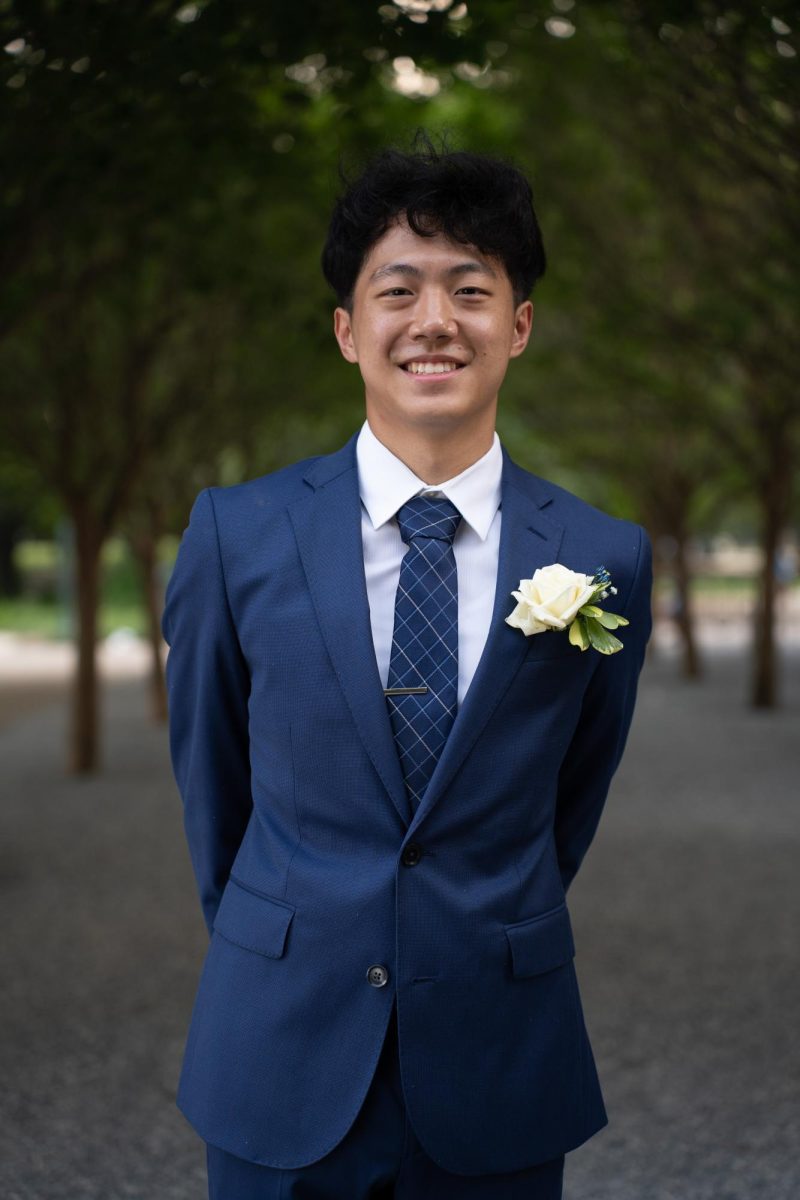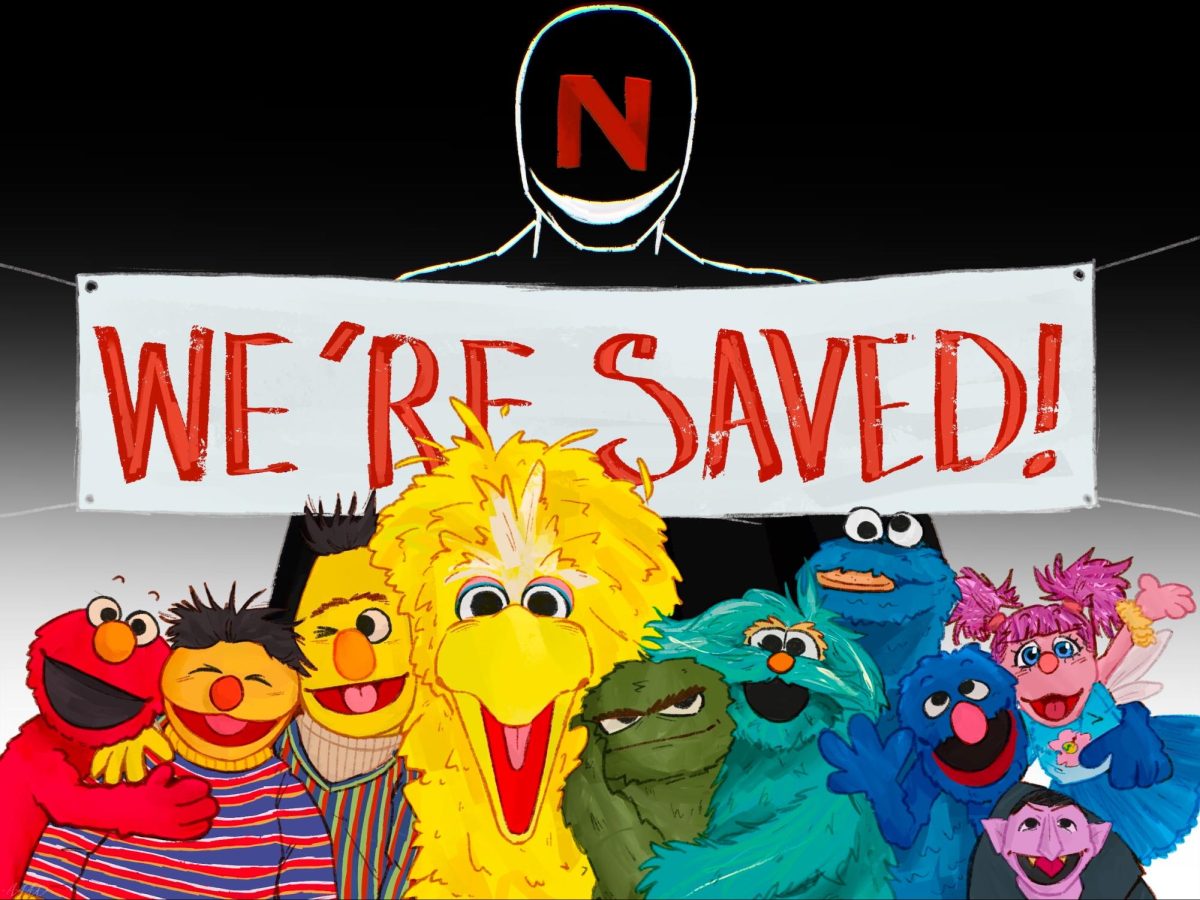Rethinking affirmative action: an Asian student’s perspective
Feb 11, 2023
“Don’t check that race box.”
“Don’t put your race as Asian, it’ll only hurt you.”
These are the words of advice my parents, friends and peers have told me time and time again. But why do I have to conceal my ethnicity? Why will I be discriminated against just for being Asian? Why is being Asian wrong?
As college application season approaches, Asian students face the inevitable choice: whether or not to include their race on their college applications.
Affirmative action has penetrated deep into Asian circles as the latest issue threatening the Asian community. The “Asian Tax” has become more prevalent than ever.
For the longest time, this issue seemed to be another classic instance of institutionalized racism in the education sphere where “the emperor has no clothes.” Criticism of affirmative action has long been smothered, deemed as not “politically correct” and failed to reach the national courts. However, this policy has recently taken center stage in the Students for Fair Admissions v. President and Fellows of Harvard College case, which is set to be concluded this term by the Supreme Court.
The anti-affirmative action group SFFA, headed by Edward Blum, a Bellaire High School alumnus, argues against Harvard’s use of affirmative action programs on the basis that the system discriminates against Asians and gives an unfair advantage to minority populations. If ruled in favor of the SFFA, affirmative action would be gutted.
This will be for the better.
I understand the rationale behind affirmative action and don’t want to make it an “oppression Olympics,” but I believe fighting discrimination with discrimination is not the way to create a path toward equality.
The reality is that affirmative action heavily discriminates against Asians. According to a 2004 Princeton study, out of a 1600-point SAT scale, identifying as Asian was equivalent to a loss of 50 points, while identifying as African American was equal to adding 230 points.
Additionally, the SFFA found that “an Asian American in the fourth-lowest decile has virtually no chance of being admitted to Harvard (0.9%); but an African American in that decile has a higher chance of admission (12.8%) than an Asian American in the top decile (12.7%).”
In general, according to The Wall Street Journal, Asians have a 50% greater chance of getting into universities where affirmative action is prohibited.
All of these statistics establish that Asians of all socioeconomic backgrounds applying to a school will often lose their spot to an applicant with the same abilities but of a different race a majority of the time.
Consequently, affirmative action only further perpetuates racist ideologies. If Asian Americans feel our race is holding us back, it alienates us from our heritage. Affirmative action, in principle, advocates for a world where the policy prefers groups that have been historically oppressed at our expense, which merely worsens racism at its core—further dividing ethnic classes in our society.
Proponents of affirmative action emphasize the importance of diversity in education. They argue that in order to maintain an open and expansive environment, they need to ensure a diverse student body. While I support the necessity for racial diversity in colleges, this logic for justifying affirmative action is unsound.
Advocates of affirmative action also insist that Asians are overrepresented since they comprise 6% of the US population yet constitute 27.3% of Harvard’s 2026 Class, for instance. This example is cherry-picked, as they fail to note that affirmative action is the biggest hurdle for Asians not applying to Ivy League schools. Asians only represent 10.4% of the Texas A&M University student body, namely—not “overrepresented” yet still penalized for their race. Nevertheless, this shouldn’t be the metric for analyzing this problem. The benefit of racial diversity comes from the diversity of viewpoints, not the diversity of demographics in the US.
Why? If we were to go off the racial composition of the US, whites should constitute 78% of college classes, and African Americans and Asians would represent 14% and 6%, respectively.
See how the diversity benefit would cease to exist?
Even then, eliminating affirmative action doesn’t mean reducing racial diversity. Asians are 60% of the world’s population and have cultures as diverse as anywhere else.
Advocates for affirmative action also argue that the number of students of color admitted to colleges decreased dramatically after affirmative action was banned. While this is true, research from California universities, where affirmative action is prohibited, found that the number of African American graduates actually increased by 19%, and Latino graduates skyrocketed by 179%.
It isn’t rocket science. If you let people who are ready for college go to college, they tend to graduate.
If individuals from disadvantaged communities are unable to matriculate into higher education by their own merit, it wouldn’t be productive to artificially place them into college. They’ll struggle to learn since they don’t have the expected amount of knowledge as they begin higher-level classes.
While affirmative action fails in reaching equality, there are other methods that can make progress toward leveling the playing field for all students in the country. To truly address the lack of diversity in higher education, we must look at the underlying issue that has forged the unjust system.
The lackluster K-12 education.
It is essential we address the existing disparities in the K-12 education system before students transition to higher education. We can realize this by elevating the standard of teaching professionals and increasing financial support for schools.
In doing so, we will establish a more equitable and diverse landscape in colleges.
If there’s inequality in education, address it at the roots, not the branches.













Emma Xiao • Feb 15, 2023 at 4:39 pm
A well-deserved Best of SNO! Anything you write, Andrew, I will read.
Tequavion Matthews • Feb 13, 2023 at 2:33 pm
Makes sense lol
Balur Bushwanishi • Feb 12, 2023 at 7:24 pm
the arguments made here are pretty dam valid, but i think its really important to remember that for asian communities, if there are really high expectations and a whole culture around performing well, kids will unquestionably do better.
i feel like the point to be made is that for non-asian communities, who dont put nearly as much emphasis on education, someone who does well is much more likely motivated by a drive to learn, rather than pressure from parents and friends to meet a certain standard.
alex tang • Feb 11, 2023 at 11:31 pm
I agree with this article.
Emerald Tang • Feb 11, 2023 at 11:26 pm
I’m honestly really glad that this issue was brought up since I feel like there are so many under-addressed scenarios that Asian students like us are constantly put in. As an Asian-American, there’s an added pressure to do well in all-levels of school, extracurriculars, and an expectation to go to a good college (typically an Ivy League). Most of my non-Asian friends often feel like good grades are a guarantee for people like me, and that due to my heritage and ethnic background, it is impossible for me to struggle academically. I feel like that is honestly so far from the reality, and that there is so much work that goes into exceling beyond in school. But beyond putting in a ton of effort to getting that 100, there’s also this constant reminder that because I am Asian, it is harder for me to get into good colleges because the expectation for my race is already set higher than everyone else’s. While one could argue that this reminder is beneficial, something that motivates me to keep myself in-check and stay disciplined in school, I’m truly just driven by fear. Due to the pressure from my family, I’m scared that I won’t be able to get into a good college and I’ll be labeled a “failure”, which has already happened to a number of my family members. I remember the conversations that my mom had with me starting from primary school, urging me to get ahead in math because colleges were more likely to accept someone that didn’t have the same color as me. I was in third grade when my parents had that conversation with me in the car, reminding me that even if I tried my hardest, sometimes it just wouldn’t be enough because I was Asian. I also remember another conversation that occurred years later while we were watching the Olympics. My parents made similar comments about how a gymnastics athlete’s Chinese heritage meant that the judges would scrutinize their movements even more than usual, as if they were praying on their downfall, hoping that there would be mistakes that they could deduct points. When I asked about how that was fair, I was given the reluctant answer, “That’s just how the world works, you can’t do anything even if it is unfair.” But I do think we have a chance to change things; policymaking exists, and the discourse on affirmative action (through articles like this) has become extremely helpful in emphasizing certain issues that exist within our nation. TLDR: As an Asian-American who struggles with the idea of carrying disadvantages due to qualities we can’t even control, I’m really glad this viewpoint was brought up. As this article brings up, while I do think that the intentions of affirmative action are certainly good, there are incentives to finding a better way to address the inequities of the status quo that don’t involve uplifting one group at the expense of another’s.
MK • Feb 11, 2023 at 11:11 pm
Tis’ true. Asians do be getting discriminated.
Tejeshwar Jayaram • Feb 11, 2023 at 11:08 pm
I agree, It just doesn’t make sense to fight fire with fire.